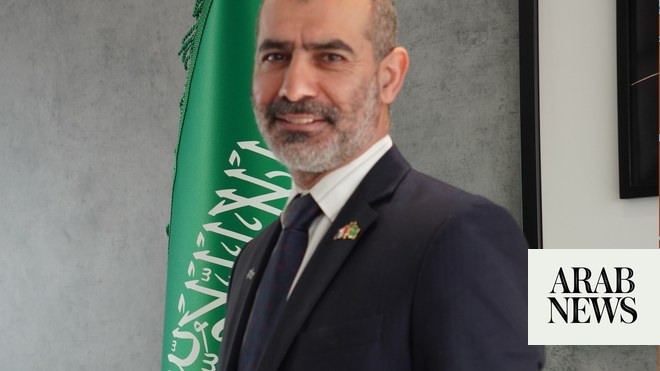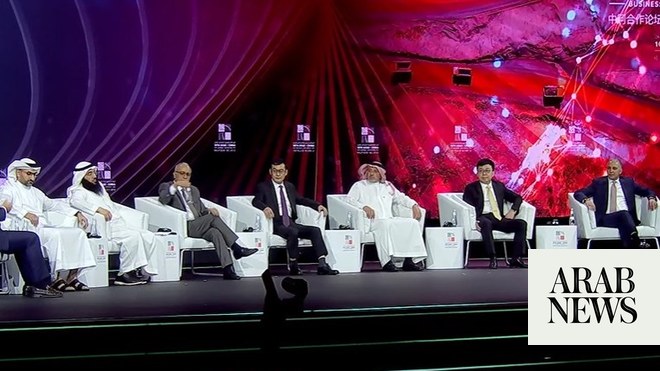
RIYADH: Spanish defense firm INDRA looks to strengthen its collaboration with Saudi Arabia’s local companies and government agencies as it aims to align with the Kingdom’s Vision 2030 that promotes localization of the defense industry.
Specialized in air traffic management, defense systems and transportation, INDRA unveiled its plans during the World Defense Show on Sunday, outlining strategies to establish business connections in the Kingdom.
The company wants to promote solutions in their primary areas of activity such as radar systems, electronic warfare systems and electronic attack systems for spectrum intelligence.
Francisco Jimenez, head of aerospace defense and airbase systems at INDRA, told Arab News that it had already established a “wide variety of contracts” in the Kingdom, valuing at one billion euros, providing the company traction until at least 2030.
“We have supplied systems in the defense sector, involving the electronic systems aboard the Royal Saudi Air Force,” he said.
The Spanish firm is eager to work with Saudi’s local companies, businesses and government agencies to develop ground-based solutions such as radar debris detection, information collection and ballistic missile defense tools.
“We are also keen on exploring alliances in new constellations providing services such as the internet of battlefield,” Jimenez added.
Present in Saudi Arabia since 2007, INDRA and its subsidiaries have been functioning in Riyadh and Jeddah with over 100 employees and 100 contracts drawn up. This year marks the firm’s 15th anniversary in the Kingdom.
Jimenez revealed that their technologies would furthermore introduce artificial intelligence software to understand on-field aspects and prepare to defeat various threats.
“This cooperation will help systems in the future to process the increasing amount of information received from smart sensors and data and support real-time decision-making. It will also aid the forces to understand better what"s going on in the field,” he explained.
INDRA’s existing customers include NATO and other Middle Eastern countries.
The senior official pointed out that their next goal is to provide end-users with sophisticated technological solutions. “We may develop technology transfer and production transfer partnerships across numerous sectors and we want to maximize that cooperation,” concluded Jimenez.











